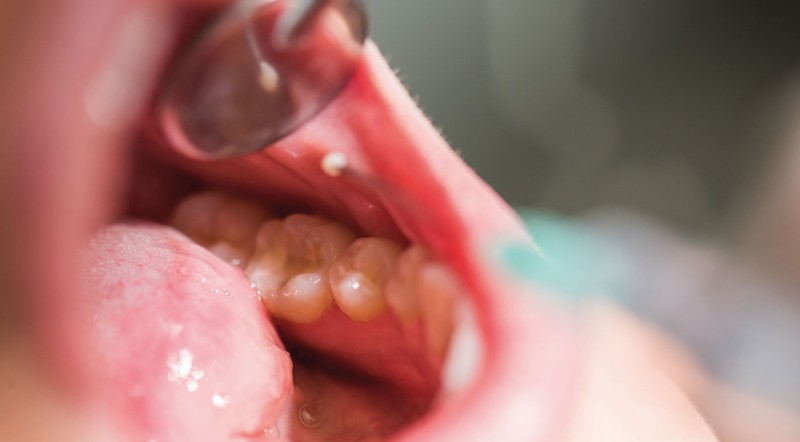Fluoride is a naturally occurring mineral that plays a crucial role in maintaining optimal dental health. In this article, we’ll explore the importance of fluoride in dental health, its benefits for preventing tooth decay, and the various sources of fluoride exposure.
Role of Fluoride in Dental Health
Fluoride helps strengthen tooth enamel, making it more resistant to acid attacks from bacteria that cause tooth decay. It also remineralizes weakened enamel and inhibits the growth of cavity-causing bacteria in the mouth, promoting overall oral health and reducing the risk of cavities.
Benefits of Fluoride for Preventing Tooth Decay
Fluoride has been shown to be highly effective in preventing tooth decay and cavities, especially when used in conjunction with good oral hygiene practices. It helps protect teeth from demineralization by forming a protective barrier on the enamel surface and promoting the remineralization of early cavities, preventing them from progressing into more severe decay.
Sources of Fluoride Exposure
Fluoride is found naturally in water, soil, air, and certain foods and beverages. Additionally, fluoride is added to public water supplies, toothpaste, mouth rinses, and professional dental treatments to enhance its preventive effects on tooth decay. By incorporating these sources of fluoride into your daily routine, you can strengthen your teeth and protect against cavities.
Fluoride Supplements and Professional Treatments
In some cases, individuals may benefit from additional fluoride exposure through supplements or professional treatments prescribed by an orthodontist peoria il. Fluoride supplements are available in various forms, including tablets, drops, and lozenges, for individuals at higher risk of tooth decay who do not have access to fluoridated water. Professional fluoride treatments, such as gels, foams, or varnishes applied by a dentist, provide a concentrated dose of fluoride to strengthen tooth enamel and prevent cavities.
Fluoride Safety and Recommendations
While fluoride is safe and effective when used appropriately, excessive fluoride intake can lead to dental fluorosis, a cosmetic condition characterized by white or brown discoloration of the teeth. It’s important to follow recommended guidelines for fluoride exposure, especially for children, to minimize the risk of fluorosis while still reaping the benefits of fluoride for dental health.
Conclusion
In conclusion, fluoride plays a crucial role in maintaining optimal dental health by strengthening tooth enamel, preventing tooth decay, and promoting overall oral health. By incorporating sources of fluoride into your daily routine and following recommended guidelines for fluoride exposure, you can protect your teeth and enjoy a lifetime of healthy smiles.



